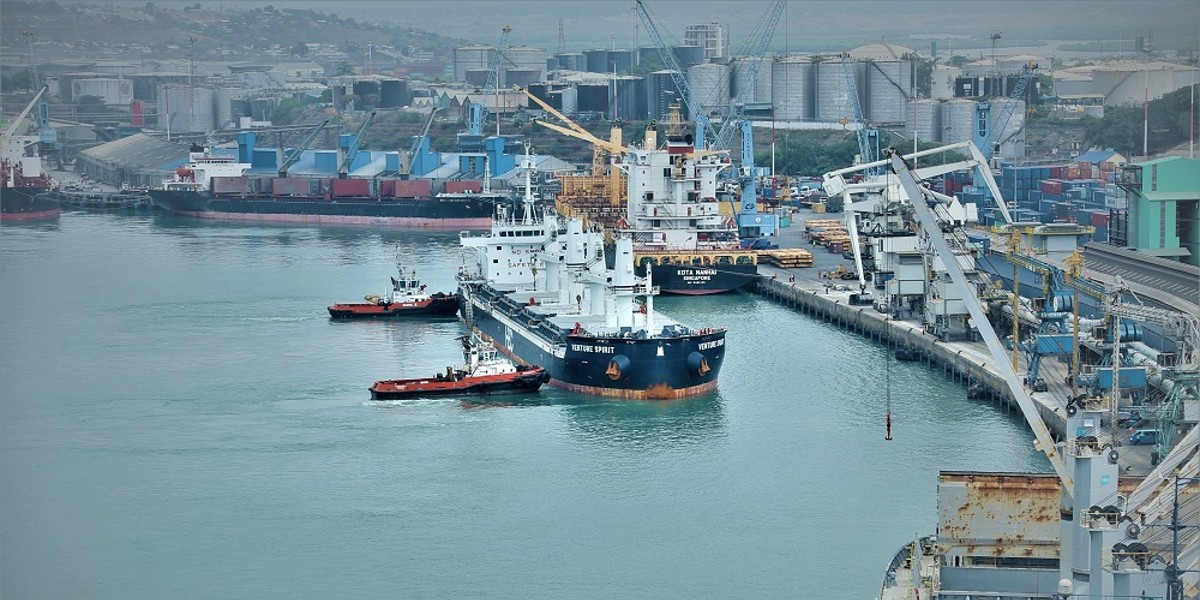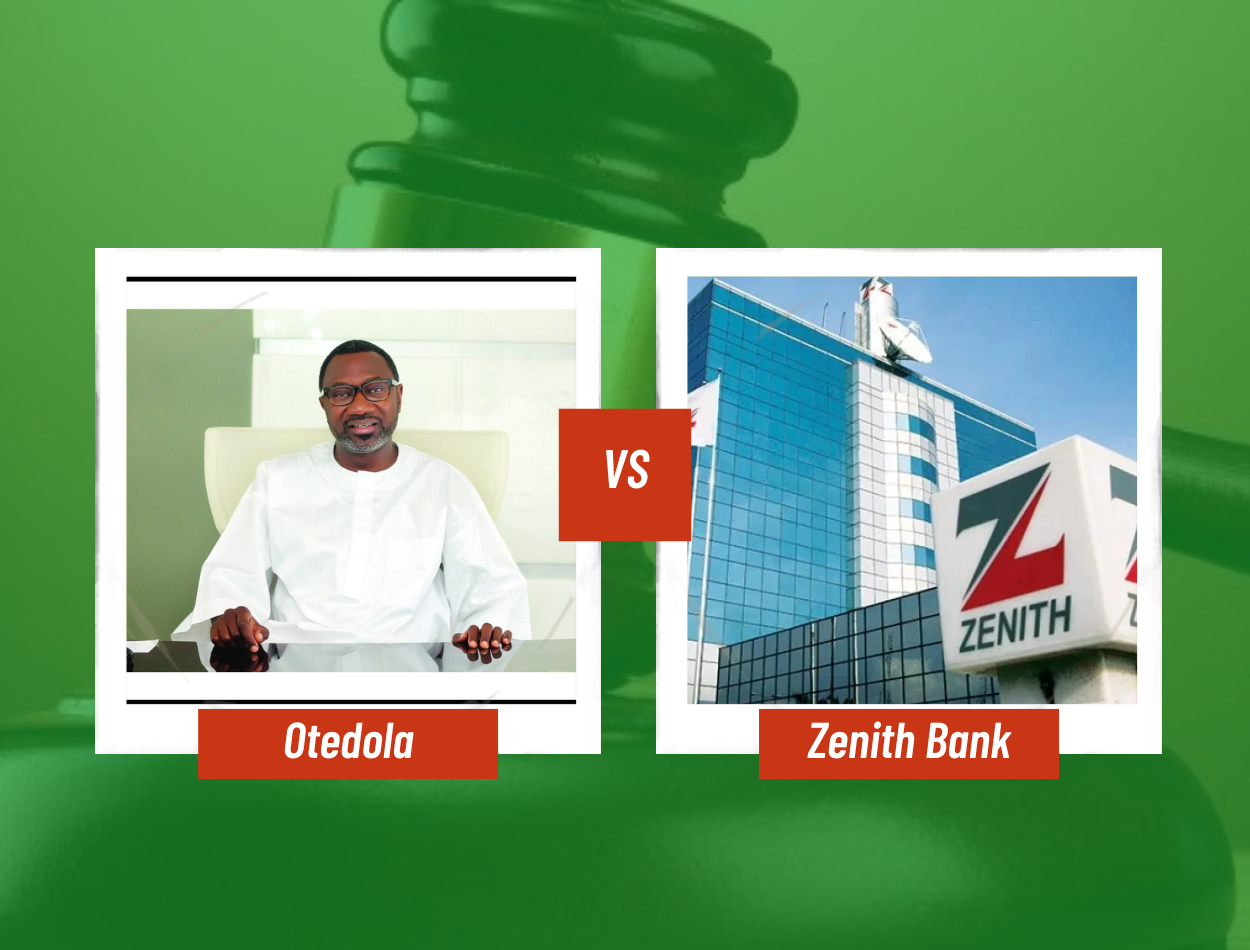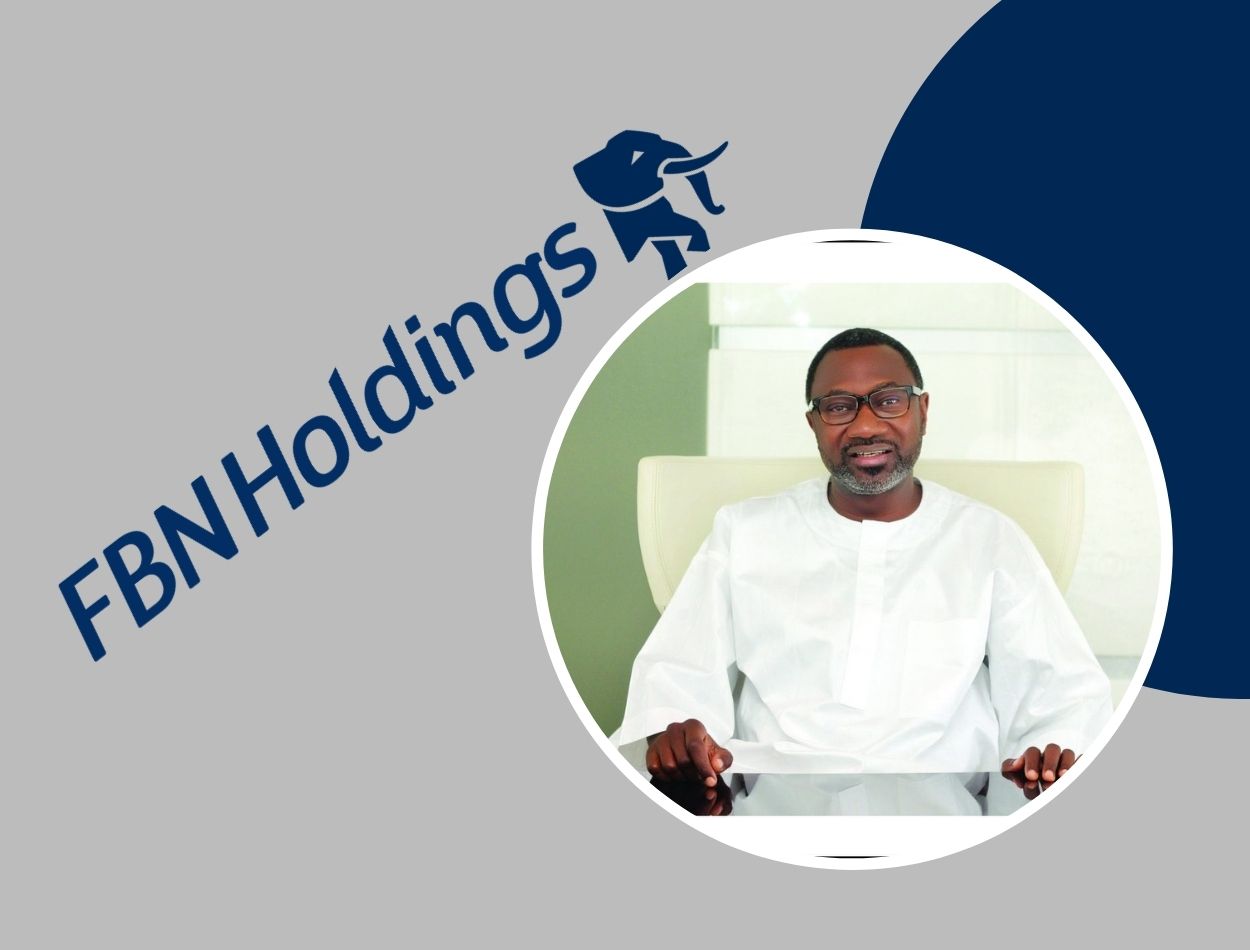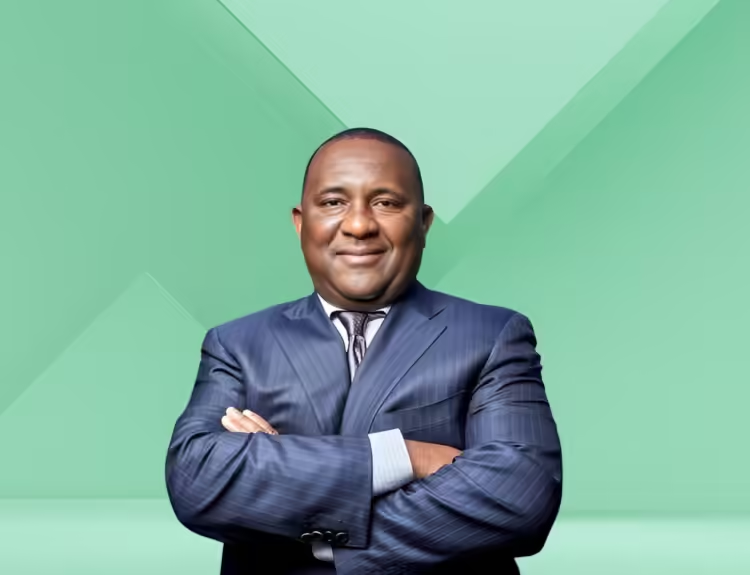In February 2024, a court of appeal sitting in Nairobi ended Mohamed Jaffer’s two-decade monopoly of handling grains at the Mombasa Port, East Africa’s largest port and main gateway to the hinterlands.
Jaffer is the executive chairman of MJ Group, a holding company that has a stake in various businesses including Grain Bulk Handling Limited, the largest cargo handling service in Kenya.
The appeals court ruling ended a decade of Jaffer’s Grain Bulk Handling Limited’s push to continue enjoying an exclusive role serving Kenya, Uganda, South Sudan, Rwanda, DRC, and the World Food Programme–in the process minting billions.
But the case also gave people an opportunity to peek into the sprawling empire that Jaffer has built over the years, guarding it jealously and brokering political friendships along the way to protect the empire.
Jaffer is your typical “work in silence” billionaire. Most of his dealings are done behind the curtains, giving people very little access to scrutinise the multi-billion business he has built at Kenya’s port city.
Since most of his holdings are not listed companies, it is hard to estimate his net worth. BusinessEmpires.Africa estimates that his wealth and family holdings could run into billions of shillings.
Conservative estimates from multiple sources put his empire at about $1 billion. Insiders contend that it could be more. This puts him in the region of one of the wealthiest Africans. It also puts him ahead of many notable Kenyans known to be wealthy.
In 2020, a report by Kenya’s Parliamentary Committee on Finance reported that his company was controlling 98% of grain imports into the country. While this may have changed in the past two months, it is safe to say that he still enjoys a near-monopoly status.
The Kenya Ports Authority (KPA) has since 2002 given Grain Bulk exclusive access to berths 3 and 4, which the company has used to its advantage. The company has a storage capacity of about 200,000 metric tonnes at its Mombasa facility and a further 125,000 metric tonnes in the country’s capital Nairobi.

Major players who have been salivating for a piece of the grain handling cake include Kapa Oil Refinery, Kilindini Terminals Limited, Kipevu Inland Container EPZA, and Multiship International among other small players.
Political backing
In the run-up to Kenya’s 2022 presidential elections, it was reported that Jaffer backed veteran opposition leader Raila Odinga. After the elections, there were rumors that the new regime under President William Ruto, who beat Jaffer’s preferred candidate, targeted his businesses through a raft of changes that wanted to remove his dominance in the sector.
Whether it succeeded or not, is a story that probably will be told months to come, or even years. For now, the billionaire will continue enjoying his dominance in the market. Also, he has built the capacity in technology and manpower that not many players have.
There are signs that the current administration in Nairobi is warming up to a cordial relationship with the billionaire. On October 20, 2023, he was among the heroes that were honoured by Ruto at a ceremony held in Nairobi. He was awarded for his contributions to entrepreneurship and industry in Kenya and the region.
People who know and are close to him say Jaffer is down to earth and hardworking, the one trait that has helped him achieve what he has today. He is also empathetic to human suffering and has taken part in several philanthropy initiatives as a way of giving back to society.
“I think entrepreneurs should dwell on this thought – you are not safe in a castle if those around you live in shanties,” Jaffer said in a past interview.
A Mombasa native
Jaffer was born on March 10, 1948, in the coastal city of Mombasa, where he has set his base of operation, minting billions. He is married with three children.
He’s the great-grandson of Dewji Jamal, who was one of the first people to come to East Africa in 1860 and start different businesses. Dewji’s family was the first to be bankers for King George V, helped start the Kenya National Chamber of Commerce, and set up the first power plant in Lamu.
Today, Jaffer sits at the helm of MJ Group. But most people would assume that coming from a business dynasty the tycoon had it easy. No!
According to an interview that Jaffer gave the Harvard Business Review, after World War II, the family business hit rock bottom. He had to start from scratch after he finished school. He is an alumnus of Johns Hopkins University where he studied Business Administration.
He joined his father’s insurance brokerage in 1968 but soon ventured into his car dealership. He faced a major setback when his partner cheated him while he was away for Hajj and Ziyarat. Starting anew in 1974 with a small loan, he ventured into pallet manufacturing until 1983. Shifting to the container business later, he started handling bulk grain, which proved cost-effective and reduced waste.
Getting permission from the Kenya Ports Authority for grain handling in Mombasa was a challenge, but he succeeded in 1992 after eight years of effort. He turned the grain handling terminal into a regional project, serving not only Kenya but also neighboring countries like Uganda, Rwanda, Burundi, and South Sudan.
Under the MJ Group umbrella, there are a dozen other companies including One Petroleum Limited, Africa Gas and Oil Company Limited, and One Gas Ltd. These mostly deal with oil and gas imports. The tycoon also has a pallet manufacturing business and a car dealership based in Mombasa.
Philanthropy
Jaffer serves as the Chairman and Trustee of the Jaffer Foundation Charitable Trust. The foundation focuses on helping communities in Kenya’s coast region by supporting projects in water, health, and education. The organisation also runs food donation programmes to support those in need.
His charitable programmes run into millions of dollars annually with about $500,000 doing to food donations during the Muslim’s holy month of Ramadhan. He has also built homes for squatters in the coastal region.






